In big cities like Seoul and Busan, letting children learn English from an early age has become the “norm” among the Korean middle class. Many parents are willing to pay tuition fees five times higher to have their children attend kindergartens that teach entirely in English.
Ms. Hwang, whose child is attending an English-medium kindergarten, shared: “I want my child to be exposed to this language naturally from a young age. I consider it a necessary investment.”
These “English kindergartens” usually apply a curriculum and communication environment entirely in English, simulating the educational methods of the US or Canada. However, the model is at risk of being wiped out if a bill proposed by a group of politicians is passed.
Under the draft, children under 36 months of age would be banned from taking lessons that aim at “globalization” or “preparation for school entry.” Children aged 3 to 7 would learn English for no more than 40 minutes a day. Violators could have their operations suspended or their licenses revoked.
South Korea’s Ministry of Education says nearly 48% of children under the age of 7 are enrolled in at least some form of private education, much of it involving foreign language learning. A 2019 report by the United Nations Committee on the Rights of the Child found that South Korean children “are facing academic pressure at an early age,” particularly in the areas of language and mathematics.
The bill is therefore seen as an attempt to reduce academic pressure and commercialisation of preschool education, especially in the context that many toddlers have to take entrance exams to prestigious preschools.
In addition, some studies have shown that many “English kindergartens” operate under a franchise model, importing programs from the US or Canada without content assessment or pedagogical accreditation. Native teachers are hired to teach, but many do not have preschool education certificates.
However, many parents see this as an excessive government intervention in their families' right to choose education. Even some experts who support reform say a complete ban is an extreme measure.
Experience from previous regulations shows that the private education market in Korea has always found ways to adapt, shifting to a personal tutoring model or operating under the name of “skills centers”.
In response, the Ministry of Education has set up a task force to explore a compromise solution. Measures being considered include limiting English language learning time, standardizing teachers, clearly licensing qualified institutions, and strengthening supervision of training content.
Supporting the new regulation, Professor Son Hye-sook, working at Kyungin Women's University, said: "In kindergarten, children should develop emotional and creative abilities. Learning academic English too early is unscientific. The temporal lobe, the area of the brain that processes language, only fully develops after the age of 7."
Source: https://giaoducthoidai.vn/han-quoc-muon-cam-truong-mau-giao-tieng-anh-post751421.html



![[Photo] Prime Minister Pham Minh Chinh receives President of Cuba's Latin American News Agency](/_next/image?url=https%3A%2F%2Fvphoto.vietnam.vn%2Fthumb%2F1200x675%2Fvietnam%2Fresource%2FIMAGE%2F2025%2F12%2F01%2F1764569497815_dsc-2890-jpg.webp&w=3840&q=75)



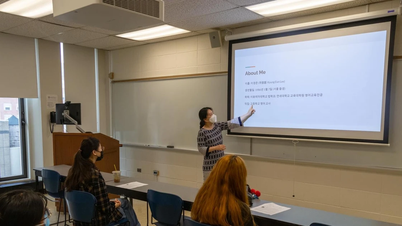



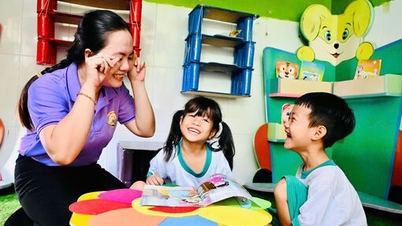

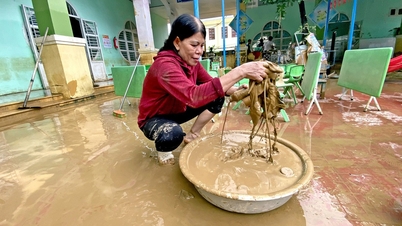
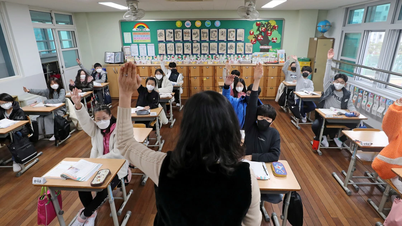
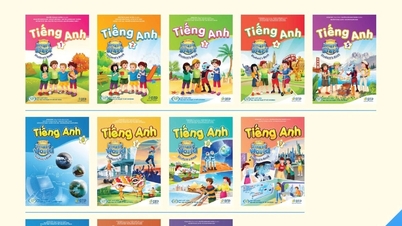

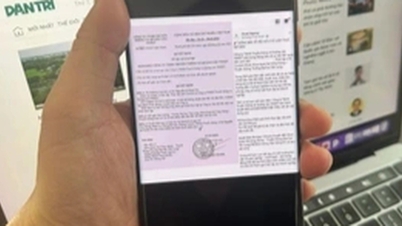
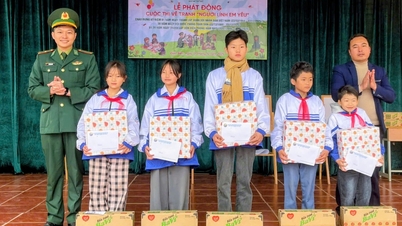

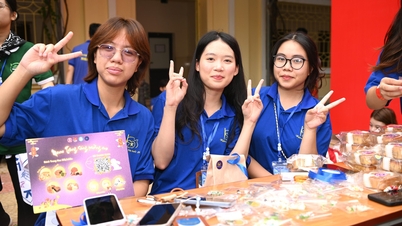

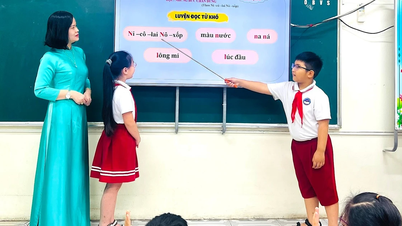
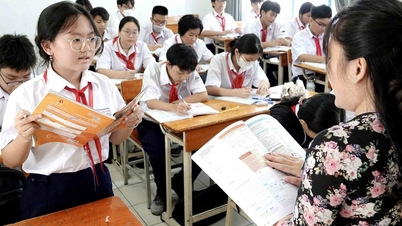






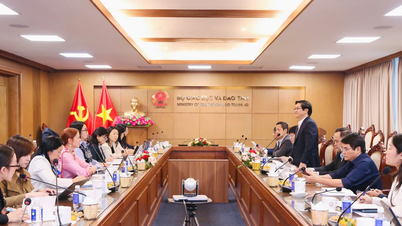
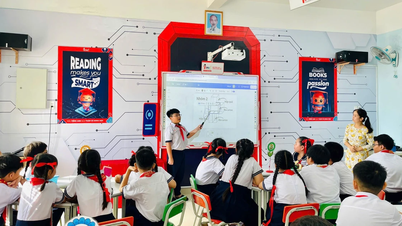
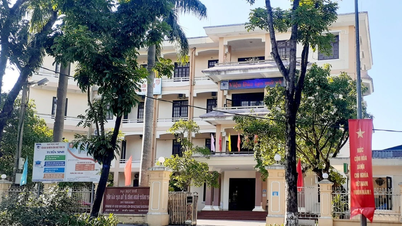
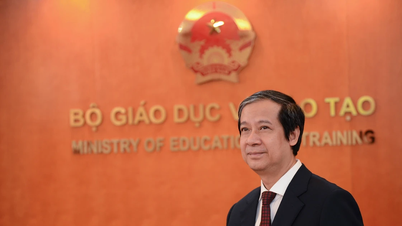
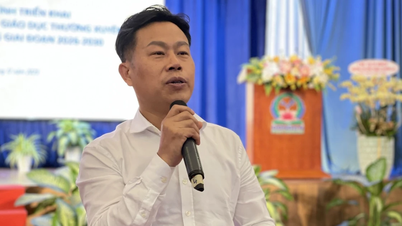
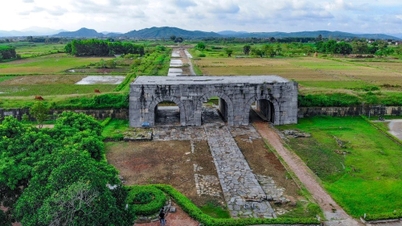

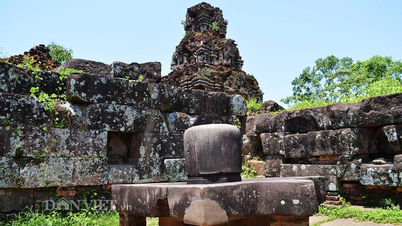

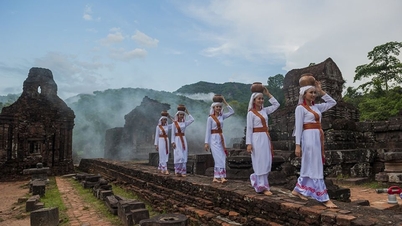

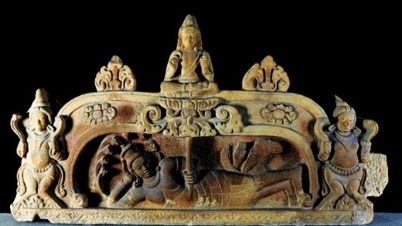
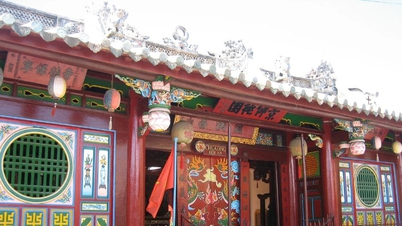
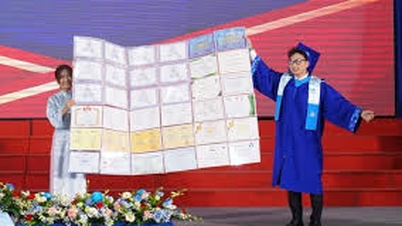
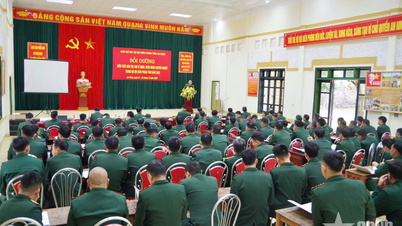

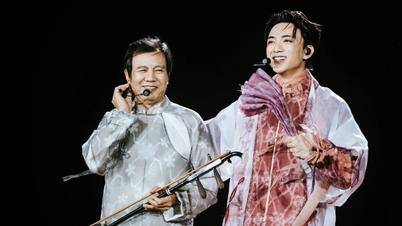
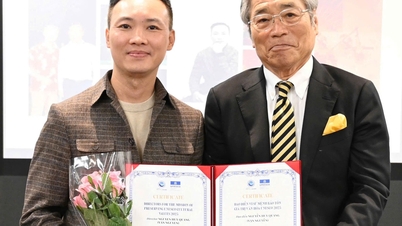

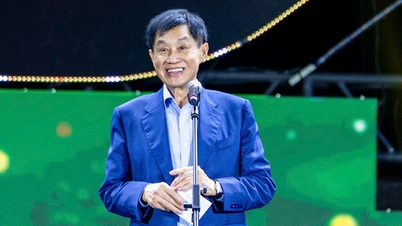
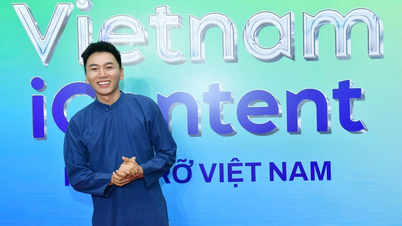

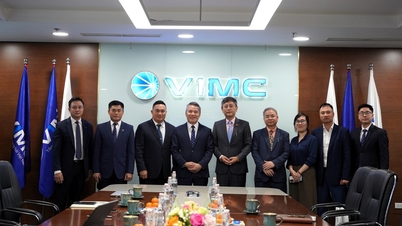


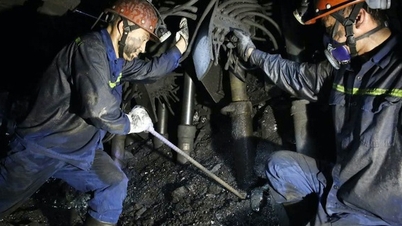


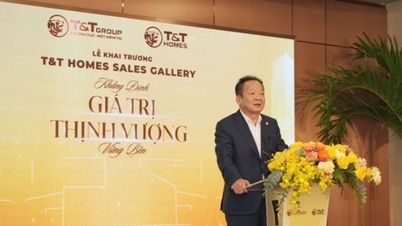









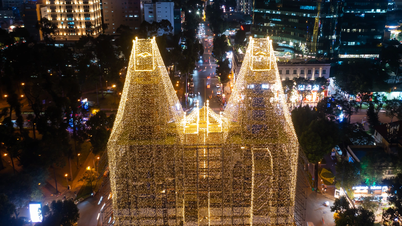
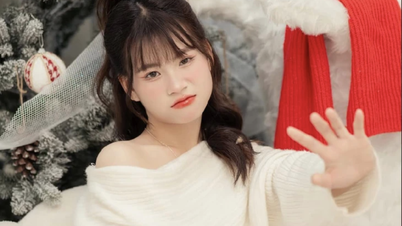
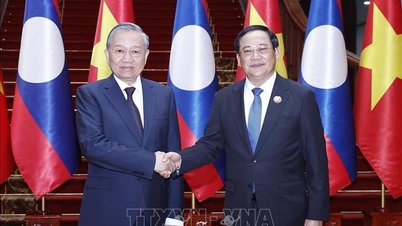
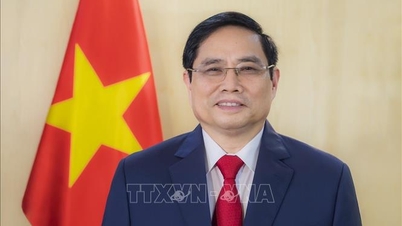

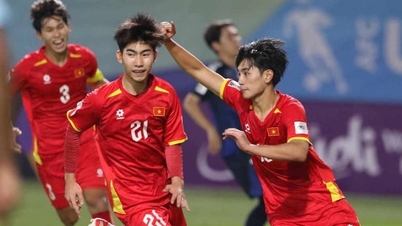
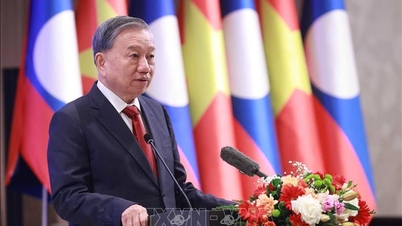
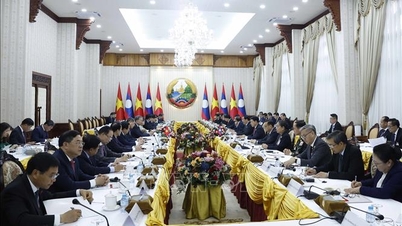



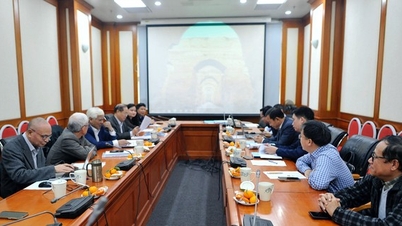
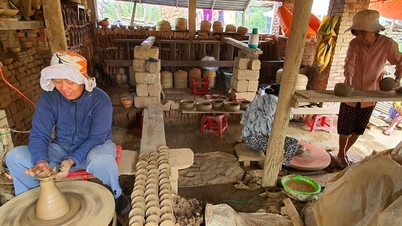

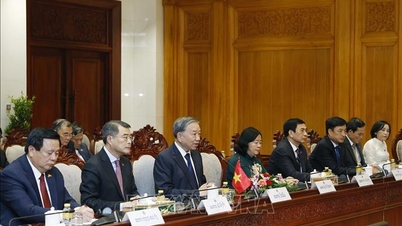


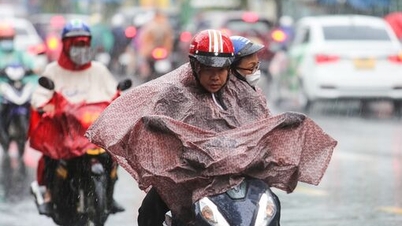
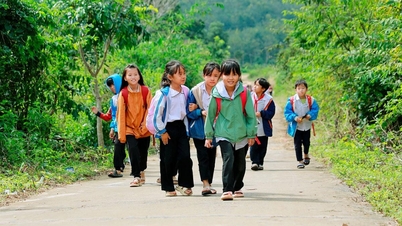

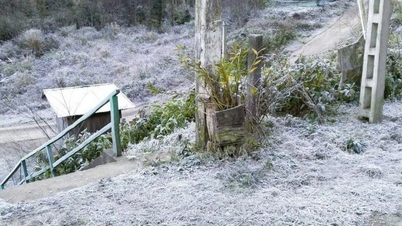

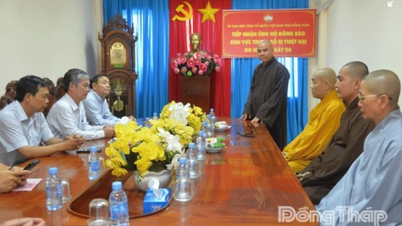

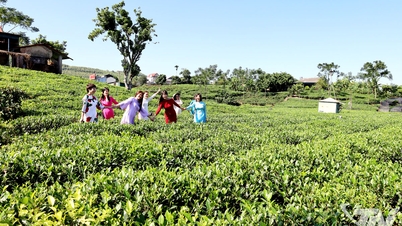













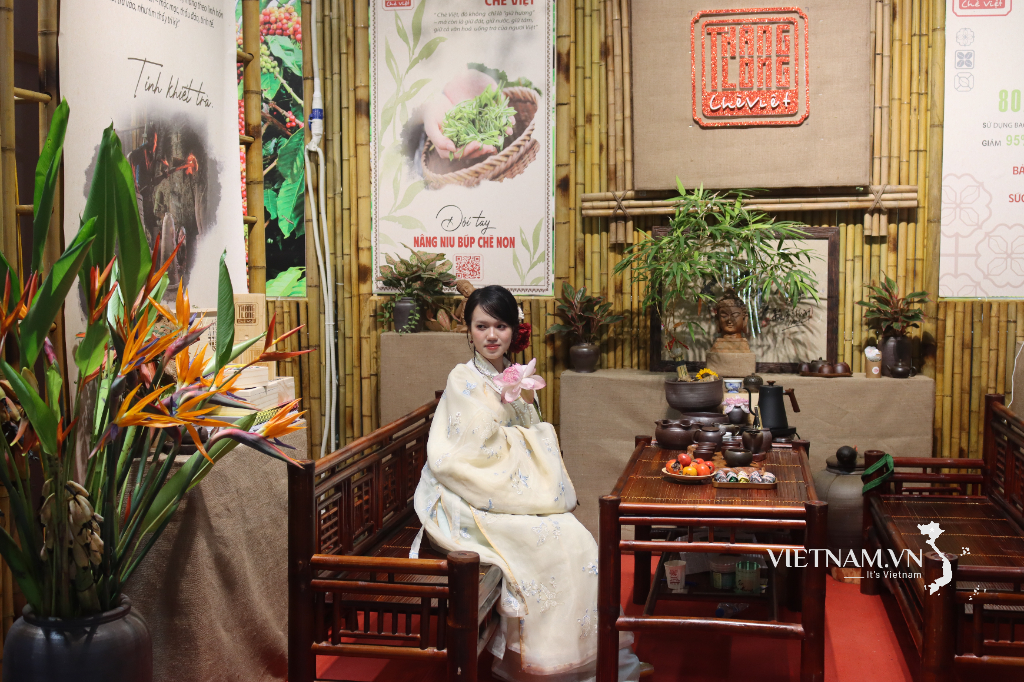
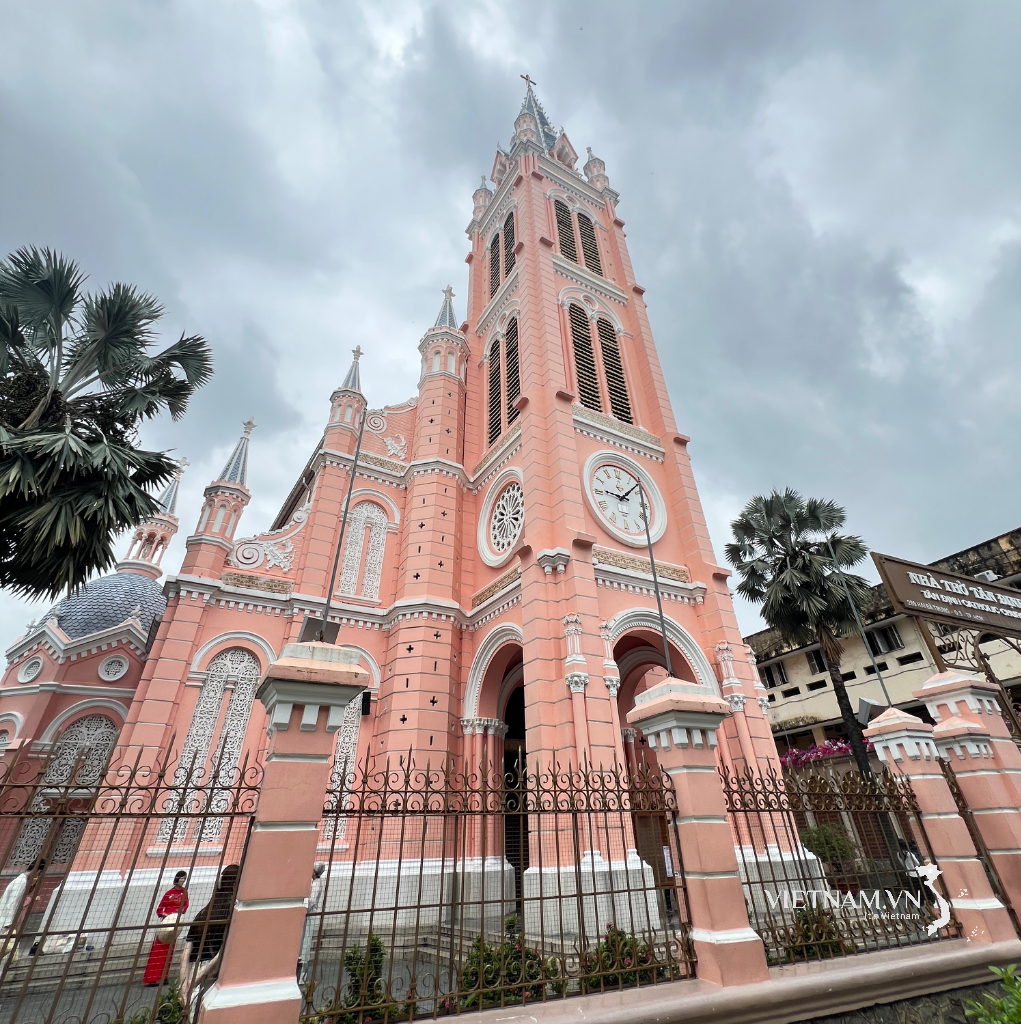
Comment (0)